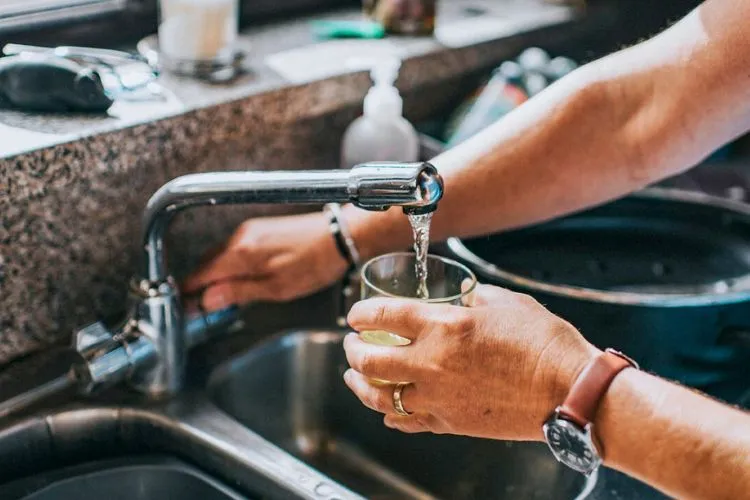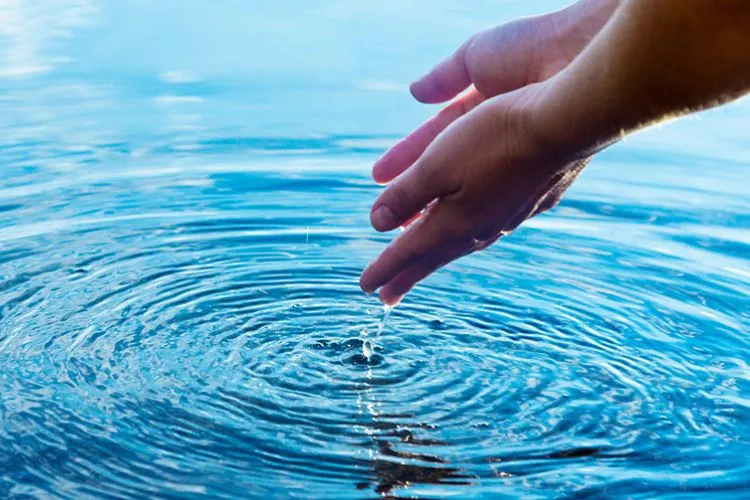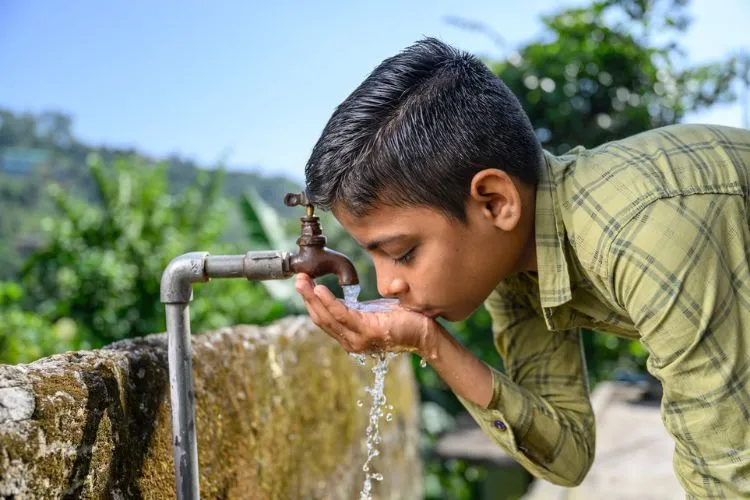In the modern world, the safety of drinking water is a topic of concern for many.
With environmental changes and industrial pollution, ensuring the quality of tap water has become more critical than ever.
Seattle, a bustling city known for its lush landscapes and abundant rainfall, is no exception to these concerns.
But, is Seattle tap water safe to drink?
In this article, we delve into the intricacies of Seattle’s tap water – addressing its sources, treatment processes, and safety for consumption.

💦 Is Seattle Tap Water Safe to Drink?
Seattle’s tap water primarily comes from two sources: the Cedar River and Tolt River watersheds.
These sources are relatively isolated, which helps in maintaining the water’s purity from the start.
However, the quality of tap water isn’t solely dependent on its source. Natural factors like rainfall and geological formations play a significant role in affecting water quality.
Seattle Public Utilities (SPU) is tasked with managing this water supply, ensuring that the city’s residents have access to clean and safe drinking water.
💦 Water Quality and Treatment
The journey of water from natural sources to our taps is an intricate process. In Seattle, this involves steps like filtration, sedimentation, and disinfection.
These processes are designed to remove impurities and harmful contaminants, making the water safe for consumption.
The standards and regulations set by governing bodies such as the EPA and the Washington State Department of Health ensure that these processes are effective.
SPU conducts regular testing for a range of contaminants and publishes Water Quality Reports annually, providing transparency about the water’s safety.
💦 Contaminants of Concern
Despite rigorous treatment processes, potential contaminants like lead, chlorine, and pesticides can still pose risks. Seattle takes specific measures, such as corrosion control, to minimize these risks.
For example, measures are in place to prevent lead from leaching into the water from old pipes and plumbing.

💦 Health Implications
The presence of contaminants at unsafe levels can have significant health effects. However, the safety levels for contaminants in Seattle’s tap water are closely monitored and regulated to protect public health.
These measures ensure that the water is not only safe to drink but also meets or exceeds national safety standards.
💦 Public Perception and Concerns
Historically, there have been instances that have raised concerns about water safety in Seattle. However, extensive survey results show that trust in tap water quality remains relatively high among residents.
This trust is a testament to the efforts of local authorities to maintain high water quality standards and address any concerns promptly.
💦 Bottled Water vs. Tap Water
In the debate between bottled water and Seattle’s tap water, three key factors emerge as crucial: safety, cost, and environmental impact. Seattle’s tap water not only meets rigorous safety standards but is also significantly more cost-effective compared to bottled water.
The environmental considerations are equally compelling; the process of producing and disposing of plastic bottles generates substantial waste and pollution.
By contrast, tap water, delivered through an infrastructure designed for minimal environmental footprint, represents a more sustainable choice.
This accessibility and lower environmental impact position tap water as the preferable option for daily consumption.
💦 Pro Tips

For those looking to ensure the highest quality of drinking water, here are some pro tips:
- Review Seattle’s Annual Drinking Water Quality Report to stay informed about the water’s safety.
- If there are specific concerns, residents can test their water using kits available on the market.
- Consider installing water filtration systems for an extra layer of safety.
- Regular maintenance, like flushing pipes, can help maintain good water quality in your home.
💦 Frequently Asked Questions (FAQs)
What is the best way to find out current data on Seattle tap water’s safety?
The Seattle Public Utilities website frequently updates water quality reports and safety information. Consulting these resources is the best way to access current data.
Is it better to drink filtered water in Seattle?
While Seattle’s tap water meets safety standards, those with specific health concerns or sensitivities might prefer filtered water. It’s a personal choice based on individual needs.
How does Seattle’s water safety compare to other major U.S. cities?
Seattle ranks highly in terms of water safety and quality, meeting or exceeding national standards upheld by cities across the United States.
Are there any special advisories in effect for Seattle tap water?
No general advisories are in effect; however, updates and alerts specific to areas or events are posted by Seattle Public Utilities as needed.
How do I report a problem with Seattle’s tap water quality?
Residents can report issues directly to Seattle Public Utilities through their customer service line or website portal.
Can I drink the tap water in Seattle when pregnant?
Yes, the water is safe for all, including pregnant individuals, aligning with health guidelines. However, consulting a healthcare provider for personal health advice is always recommended.
What measures are being taken to improve Seattle’s water infrastructure?
Seattle Public Utilities continuously invests in infrastructure improvements, including pipe replacements and treatment facility upgrades, to ensure water quality and safety.
How does climate change affect the safety of Seattle’s tap water?
Climate change poses challenges, such as increased rainfall leading to potential runoff issues. SPU is actively working on strategies to mitigate these impacts and protect water quality.
Is it safe to use Seattle tap water for cooking and making baby formula?
Yes, the water is safe for all uses, including cooking and preparing baby formula.
Does Seattle add fluoride to its tap water, and is it safe?
Yes, fluoride is added for dental health benefits, in accordance with health guidelines, and is safe for consumption.
Conclusion:
In conclusion, Seattle’s tap water is safe to drink. Rigorous treatment processes, regular monitoring, and adherence to strict safety standards ensure the quality and safety of the water.
While concerns about water safety are understandable, the measures in place to protect public health and ensure clean drinking water are robust and effective.

Devon Shorts, a seasoned expert with over a decade of experience in water safety, shares valuable insights on this blog “Aqua Safety Plus”. Trust his expertise to keep your water clean and your family safe.
